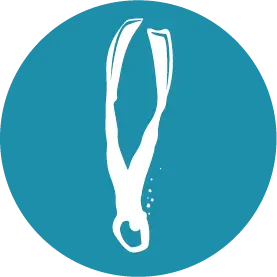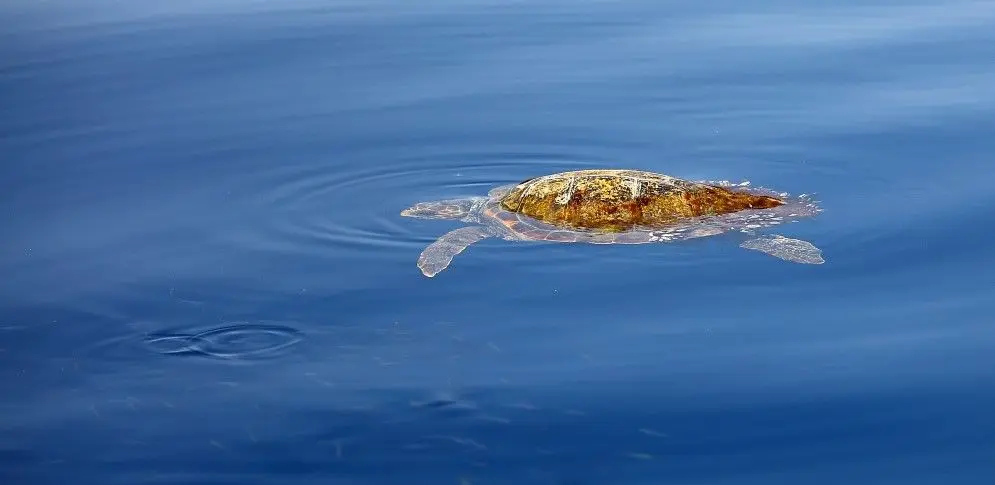We welcome your observations
Did you see something interesting?
Your observations are useful. They feed into national databases and help to improve our knowledge of rare phenomena and changes in usage. By recording observations made by the diving community, it becomes easier for divers to understand a dive. These data also help to fine-tune our understanding of changes in biodiversity, particularly in the context of monitoring climate change.
All the data entered are communicated to the SINP (French Nature and Landscape Information System) and are made publicly available.
Here, the National Park shares existing initiatives in order to highlight the important work already being done to improve knowledge of these areas and preserve them.
Naturalist observations
Various databases are available for different kinds of observations:
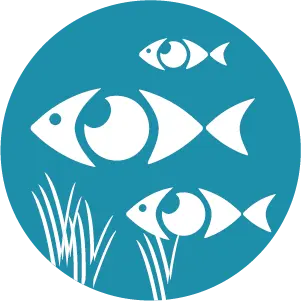
For fish:
- BioObs is a tool developed for divers. It is free to use and is open to everyone, whatever their level of understanding of biology (all observations are important). It helps to gain a better understanding and to raise awareness of the richness of the seabed. Observations can be shared between divers, or used to help prepare a dive, to present a dive site to a group, or to enrich knowledge for scientific partners.
- Fish Watch Forum, designed and run by the Peau-Bleue end the ECOMERS laboratory at the University of Nice–Sophia Antipolis. This forum collects and collates observations of marine fish in western Europe and the Mediterranean.
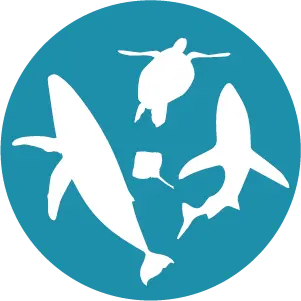
For marine mammals, turtles, sharks and rays:
OBSenMER is a collaborative platform that makes it easier to record and analyse marine observations. All types of observation are welcome: marine mammals, sea turtles, fish, and birds, as well as human activities such as recreational boating, fishing, pollution, etc.
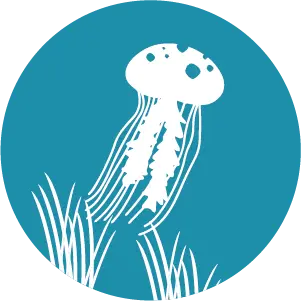
For jellyfish:
Le portail d'observation de méduses en Méditerranée was set up to record the presence or absence of jellyfish in Mediterranean coastal waters, particularly in the Provence-Alpes-Côte-d'Azur region.

To help you identify species:
DORIS (Data from Observations for the Recognition and Identification of Underwater Fauna and Flora) publishes online records of underwater (fresh and saltwater) animal and plant species, detected in French waters, including mainland France and overseas territories. These records, which are regularly updated, are produced entirely by volunteers, amateurs and/or scientists, within the framework of the French diving federation (FFESSM) and its biology committee (CNEBS).
Pollution
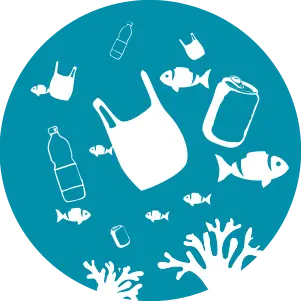
To report pollution at sea, contact CROSS MED.
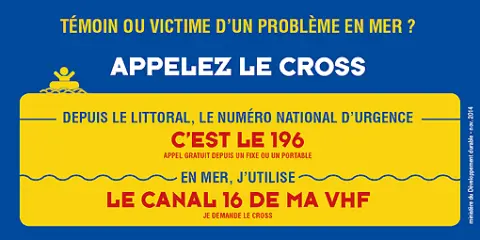
Lost fishing equipment
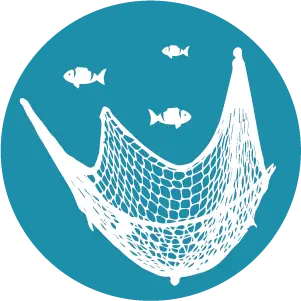
GHOST MED is part of a participatory science initiative collecting information on lost fishing equipment. Your report of lost equipment allows marine area managers to remove nets when possible.
For any other observations or questions, contact the National Park.
